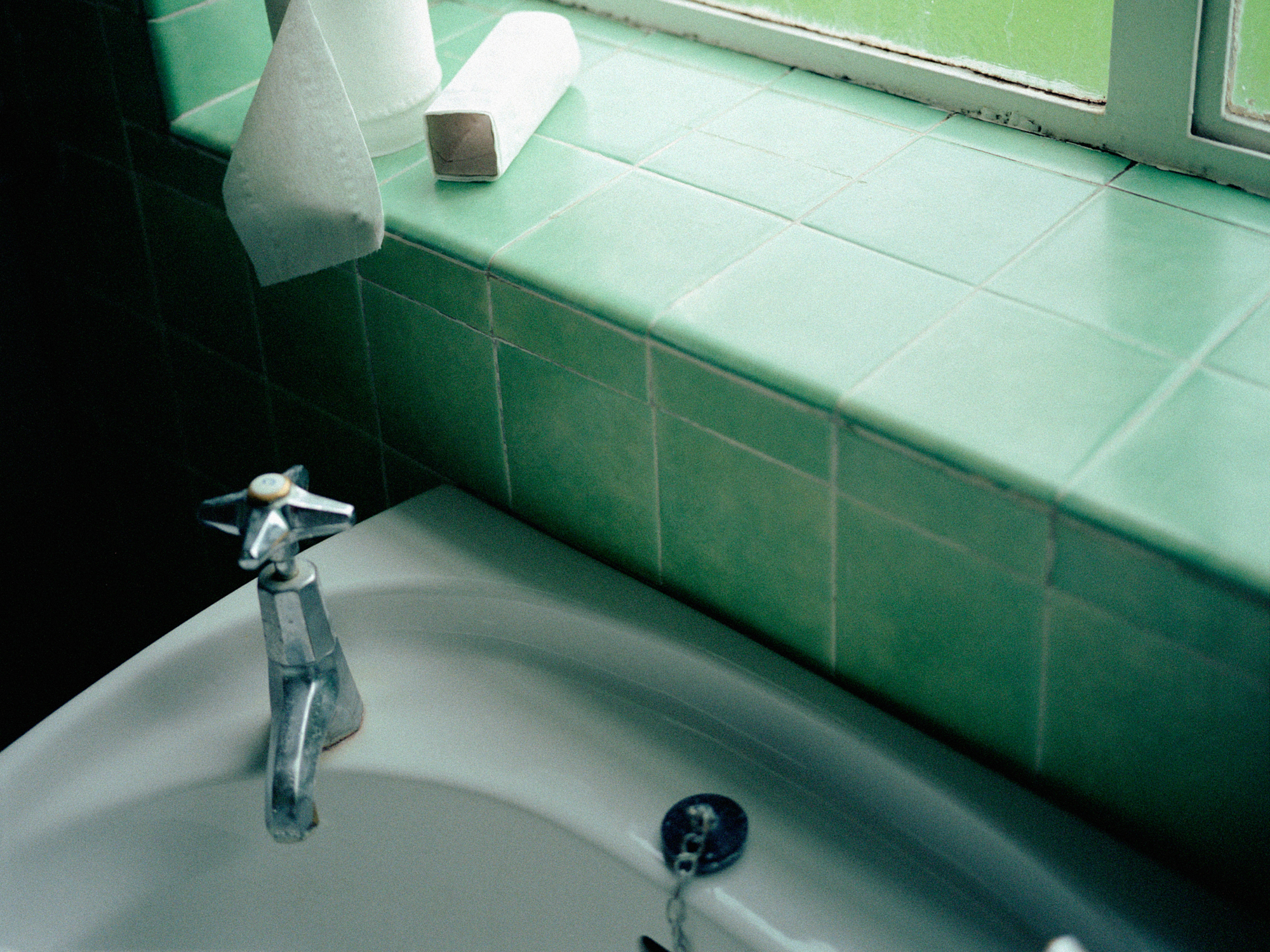Get Easy Health Digest™ in your inbox and don’t miss a thing when you subscribe today. Plus, get the free bonus report, Mother Nature’s Tips, Tricks and Remedies for Cholesterol, Blood Pressure & Blood Sugar as my way of saying welcome to the community!
A gateway for staph lurks in your sinks

Antibacterial soap has a dirty little secret… it contains chemicals that increase the risk of infection, disrupt hormones, cause cancer, liver fibrosis and more.
But, fortunately for you, the secret’s out. Mounds of research has surfaced in recent years confirming the dangers of this common household product that most people use countless times per day.
The ingredients that make antibacterial soap one of the greatest household health hazards are the chemicals triclosan and triclocarban.
Triclosan, which can be absorbed through the skin or ingested orally, has become pervasive in many people’s bodies, having shown up in their urine, blood, breast milk and snot.
To break it down in a more specific — and disturbing — way, triclosan has been found in the breast milk of 97 percent of lactating women and 75 percent of people’s urine. So the chances you’ve been contaminated are pretty good.
What’s even more disturbing is that a 2014 study conducted by the University of Michigan found that if you do happen to have triclosan in your snot, you also have a 50 percent greater chance of having the Staphylococcus aureus bacteria in your nose… you know, the bacteria that causes potentially deadly staph infections.
Another study published in 2014 found that mice exposed to triclosan over a period of six months (which would equate to 18 years for us humans) were more likely to get liver tumors… and larger tumors at that. That’s because triclosan causes liver toxicity and liver fibrosis, which eventually lead to cancer.
The most recent research on antibacterial soap shows that rats exposed to triclocarban pass it along to their young through their breast milk, and it messes with their babies’ gut microbiota. Nursing pups exposed to the chemical had significantly less beneficial bacteria in their gut than pups who weren’t exposed.
By now, I’m sure you’re well aware of the impact your gut health has on your overall health. If your body was a coal mine, your gut health would be the canary. And the chemicals in antibacterial soap would be the carbon monoxide that kills this canary (and eventually kills you if you don’t heed the warning).
But these chemicals aren’t only found in antibacterial soap. They’re also found in shampoos, toothpaste and other household items. Which gives you yet another reason to read labels… even on items you are not ingesting orally.
Even the FDA, an agency that’s been known to leave dangerous items on grocery store shelves for decades before taking action, is questioning the effectiveness of antibacterial soaps and may force antibacterial soap companies to remove the chemicals all together if they don’t prove their benefit.
Speaking of their benefit… if that long list of potential health complications isn’t enough for you to ditch antibacterial soaps in your home, it turns out they aren’t even really that effective when used for hand washing anyway. Triclosan and triclocarban are only really effective at killing bacteria when used for long washes. If you’re using them for a few second hand rinse you’re doing yourself more harm than good.












